8 Must-Know Medications for ICU Nurses

According to the CDC, each year nearly 137 million people in the U.S. alone visit an emergency room.
Of those ER visits, 12.3 million will end up admitted to the hospital and 1.5 million will result in admission to a critical care unit.
The very lives of these individuals are dependent upon the knowledge, experience and skillset of the attending nurses.
Emergency and critical care physicians work under extreme pressure, and therefore rely on nursing professionals who can respond quickly and effectively in situations in which life and death decisions are made on a minute-by-minute basis.
In fact, it is in these chaotic and time-critical scenarios during which Intensive Care Unit (ICU) nurses must make some of the most monumental decisions of their lives – in particular, choosing which medication to administer.
A seasoned ICU nurse should be able to answer this question with ease, but for someone who is in the early stages of his or her career, has been out of circulation for a while or is making the transition into the emergent care specialty, having a list to study and use as a guide can be tremendously helpful.
That said, here are eight of the most common types of medications all ICU nurses should know about.
Adenosine
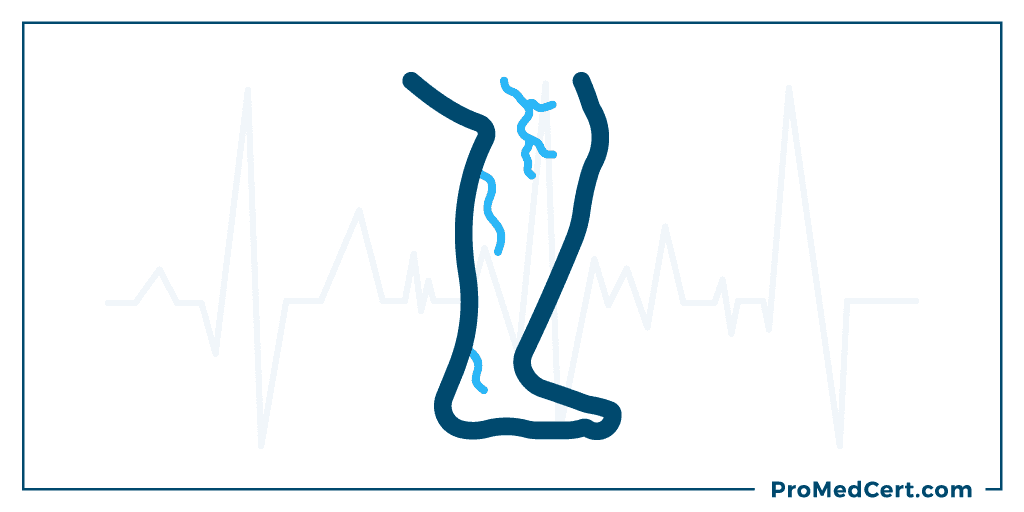
This drug is used in the treatment of supraventricular and atrial tachycardia conditions.
Variations of this medication create the chemical compounds adenosine monophosphate (AMP) and adenosine triphosphate (ATP).
Doctors prescribe AMP to treat shingles and herpes while ATP is used to treat hypertension, kidney failure, lung cancer and cystic fibrosis.
Adenosine can also be used to address everything from varicose veins and bursitis to nerve pain and neuropathy.
When placed under the tongue this drug can boost energy.
Administered intravenously, it can block surgical and nerve pain and promote better blood circulation.
Adenosine has a very short life – typically around 10 seconds, so it must be used immediately if it is to be effective.
Amiodarone
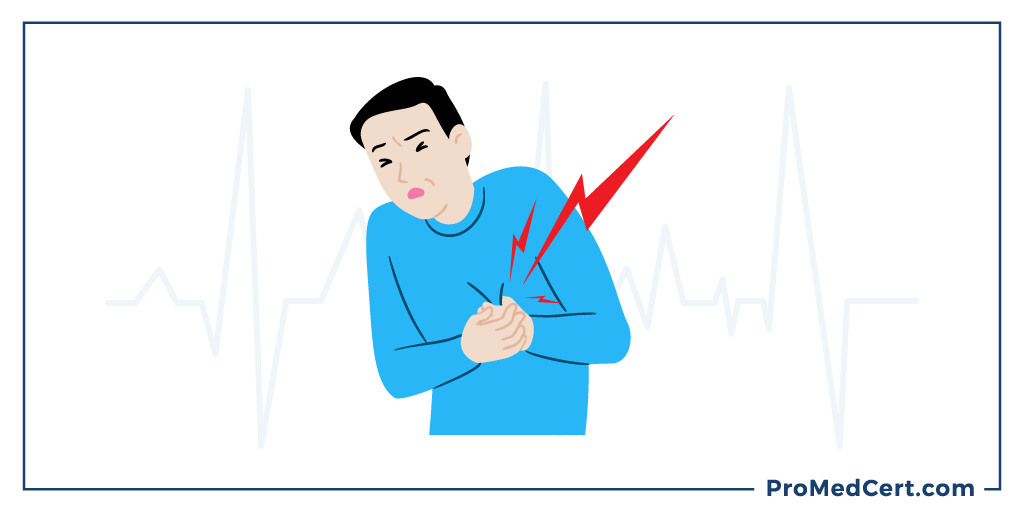
Amiodarone is considered the medication of choice for individuals experiencing blood flow problems of the heart.
It is used to help regulate irregular heartbeats, dilate blood vessels and treat patients with congestive heart failure.
It’s important to point out, however, that in life-threatening emergency situations where a heart disorder is known to exist, this drug has the potential to adversely affect the heart’s rhythm, so caution should be exercised.
Amiodarone is typically only administered in a hospital setting where EKG, EGG or electrocardiograph is available to monitor heart rhythm.
Atropine
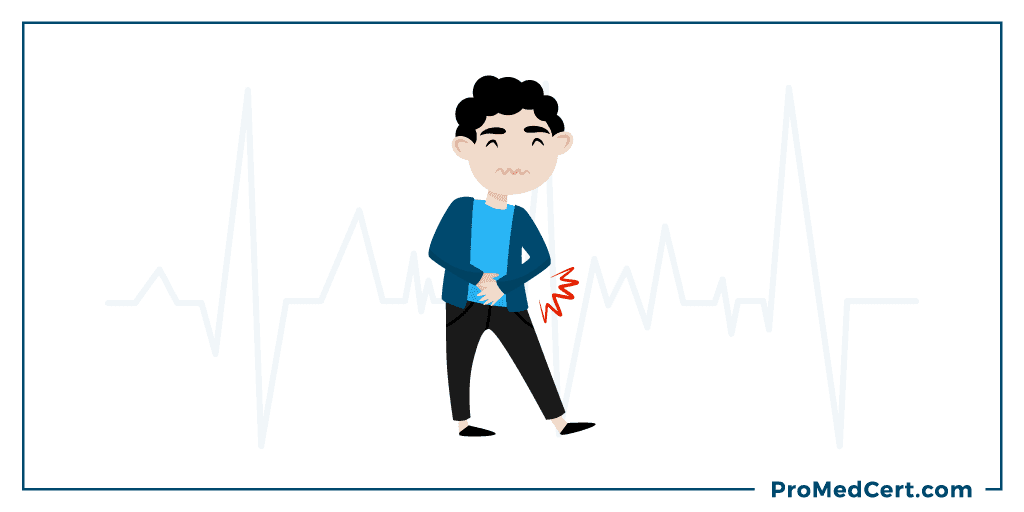
This medication helps to reduce the production and secretion of saliva.
As such, physicians often prescribe this drug prior to surgery.
It can also be used in the treatment of spasms that occur in the stomach, intestines or other organs.
In some instances, atropine can be used to counteract the effects of other medications.
Specifically, it prevents the effects of acetylcholine in the nervous system, urinary tract, salivary gland and other tissues.
Atropine is typically administered via injection, however, because it can interfere with other medications, in particular antidepressants, the patient’s history should be evaluated before it is administered.
Epinephrine
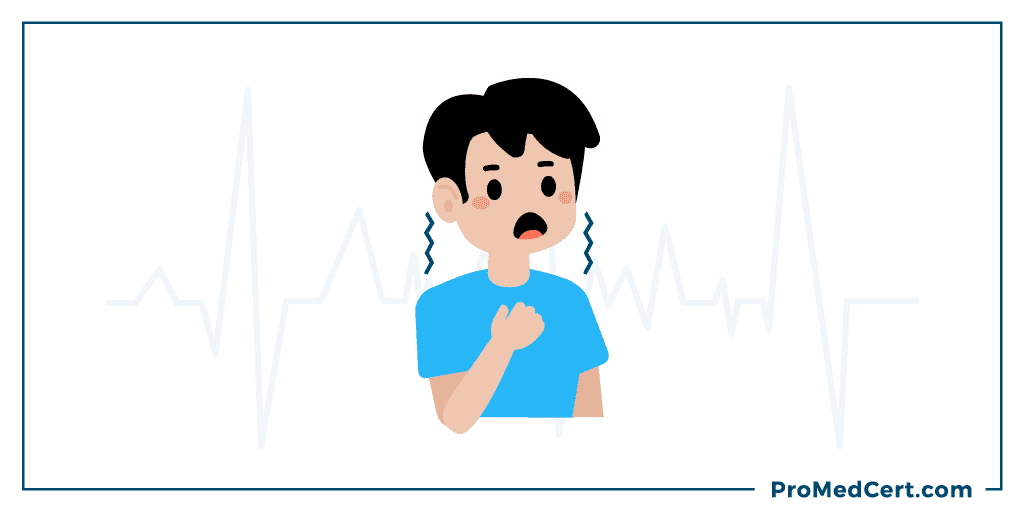
When a patient is suffering from a blocked air passage, such as someone with asthma or a lung disorder, epinephrine can help make breathing easier.
It is also commonly used to treat disorders of the adrenal glands, such as Addison’s Disease, as well as allergic reactions and sometimes heart failure.
Additionally, epinephrine is frequently added to certain types of anesthesia to help make the effects of the drug last longer.
Because of the way it affects the adrenal gland, epinephrine is sometimes referred to as adrenaline, particularly for the way it increase blood pressure and heart rate, quickens heart rhythm and strengthens heart contractions.
Lidocaine
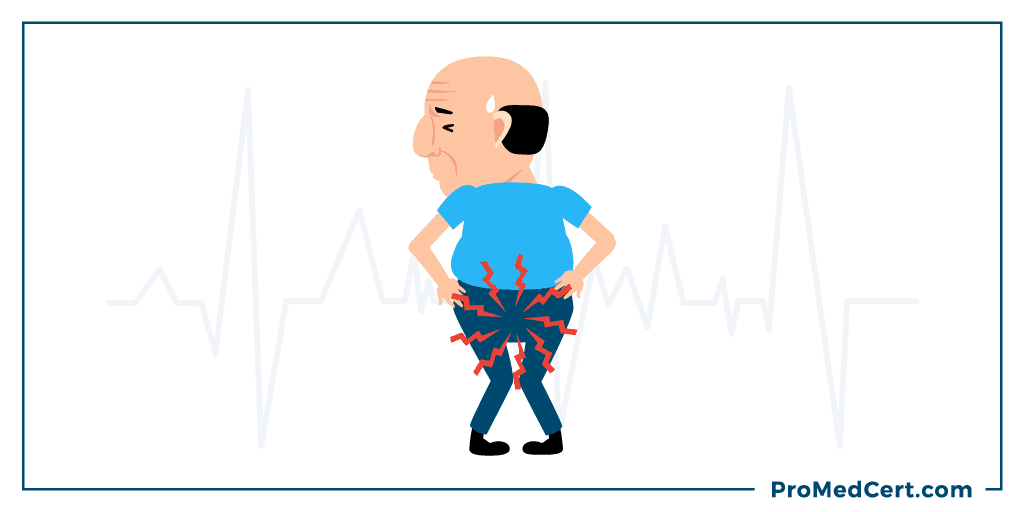
Most people recognize the name lidocaine as an anti-itching drug that is commonly used in over-the-counter products.
In a hospital setting, lidocaine is often used in the treatment of hemorrhoids or to control itching or discomfort in the rectal or genital area.
A certain form of this medication can also be used as a local anesthetic, providing temporary numbness during exams and procedures, such as cystoscopy or sigmoidoscopy.
Additionally, when applied topically, this drug effectively addresses skin problems arising from things like burns, insect bites, hives, eczema and other minor injuries.
Procainamide
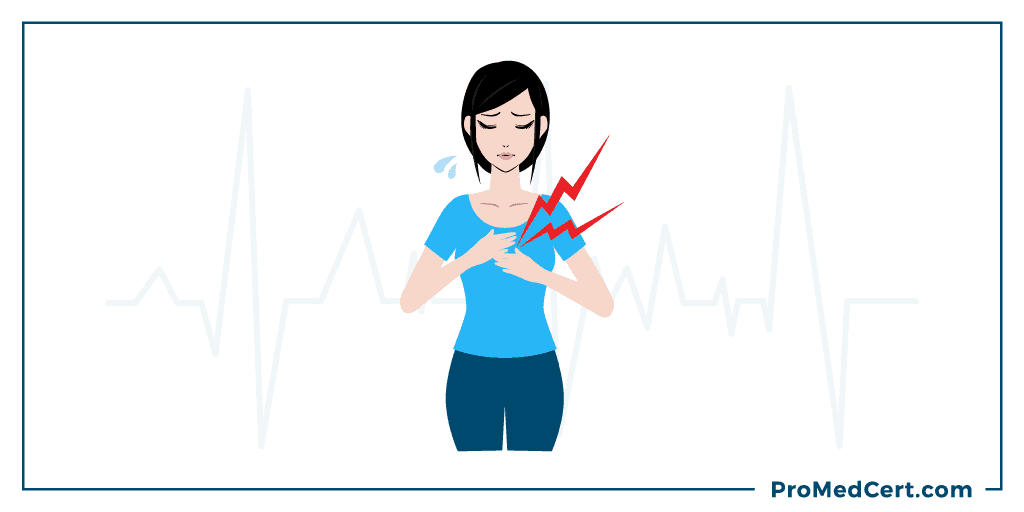
This medication works by blocking some of the electrical signals in the heart, which can cause irregularity in how the heart beats.
As such, it is commonly known as an anti-arrhythmic drug.
Procainamide is frequently used to treat patients suffering from a life-threatening heart disorder called ventricular tachycardia or an irregular heartbeat.
It should be noted, however, that because of this medication’s potential adverse effects on the heart’s rhythm, patients receiving procainamide should be closely monitored.
Additionally, caution should be taken when administering to elderly patients or those who suffer from kidney problems, liver disease, low blood pressure, low potassium levels and/or an abnormal heartbeat.
Sotalol
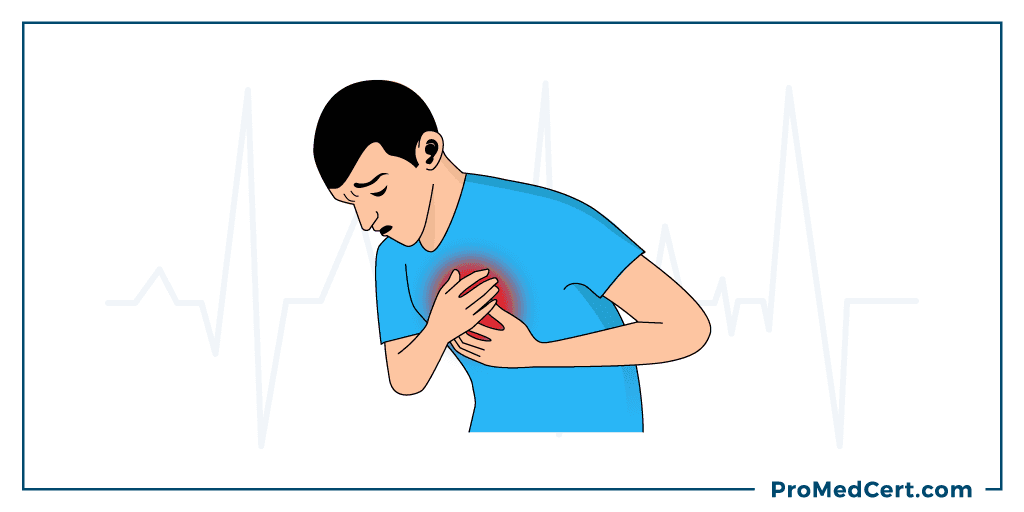
Sotalol is often used to address patients with life-threatening heart problems.
Specifically, it is effective in treating ventricular arrhythmia and atrial fibrillation (or atrial flutter).
Because it is a beta-blocker, sotalol can help to control nerve impulses in certain parts of the body.
It can also cause the heart to beat slower and at a more even pace, and can be used to prevent tachyarrhythmia or an abnormal heartbeat.
This medication is administered in either a tablet or solution form.
Vasopressin
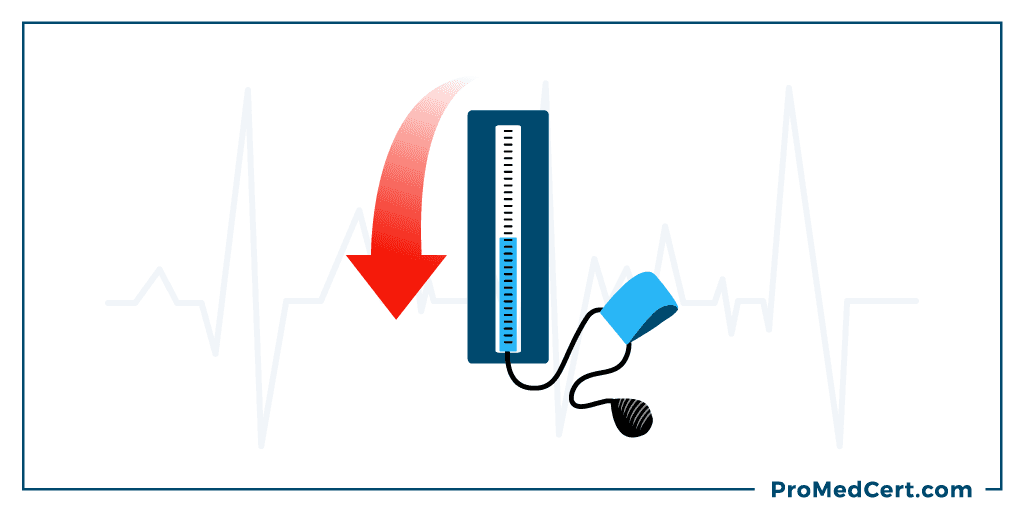
Because vasopressin promotes the reabsorption of water, it is often used to prevent fluid buildup in the abdomen, as well as a treatment for patients with diabetes insipidus or severe kidney problems, such as sodium or water retention.
Vasopressin is also sometimes used in the ICU to support a healthy blood pressure in organ donor recipients.
In some cases, vasopressin can be used to treat variceal bleeding, and cardiac arrest.
Diabetic patients receiving this medication should be closely monitored.
The main issues to watch for include fluid retention or dehydration.
Conclusion
ICU nurses must be able to react quickly and make timely and accurate life-altering decisions, often in a matter of seconds.
Doctors rely on their education and experience while patients rely on their skills and level of care.
Anyone working in an emergency room, critical care unit or ICU should familiarize themselves with the medications listed above.
Furthermore, ICU nurses should stay on top of continuing education and always check with the physicians in charge to ensure proper usage and/or dosage.
Doing so will improve the chances of positive patient outcome.
